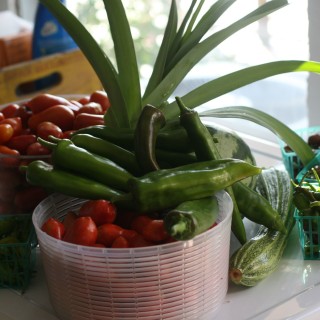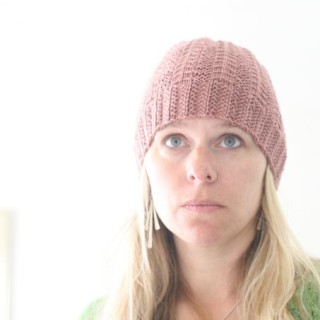
Do you know what zone you are in? I’ll admit, we tend to forget exactly what zone we’re in. Mainly because not only is there the United States hardy zones to consider, but if you are in the West and follow the Sunset Western Garden book (which you should), they have a whole other set of zones.
In case you are unfamiliar of what a zone is, it is bascially a defined region that shares a similar climate. There are 10 zones in the United States, 1 being the coolest and 11 being the hottest. Each zone is approximately 10 degrees warmer that the next, on average. Dividing up regions into zones help define what plants can survive in what areas. So for instance those in zones 7-9 will be able to grow different things and those in zones 4-6. These guidelines help when you are researching new plants that you want to grow. While we would really like to grow blueberries, but there are specific kinds that grow in our zone but many that don’t. And while it’s hot enough for us to grow peppers, many spots in the United States just don’t get warm enough to grow peppers. In the end, knowing your zone will help you better plan your garden and help eliminate plants that just won’t work for your area. (which saves much frustration from feeling like you are the one who can’t get the plant to grow!)
Here in Sonoma, it seems like we are in a tricky spot to define. We have a large coastal influence, but we’re also in a valley which gets bakin’ hot! I usually get slightly different results from online zone finders but usually come out in zone 9. What zone are you in? When you get your result write it down on your garden plan that we did last week so you don’t forget!
How to find your zone:
- United States Zone Finder (there are a few, here is one and two)
- Sunset Garden Zones (although the book has much better pictures to find your exact zone)
- Europe Zone Finder
- Australia Zone Finder
- Canada Zone Finder








I am really enjoying your blog and especially 30 DTABG. Thanks for the interesting information. I never knew the particulars of how zones are classified (each being 10 degrees warmer than the next). Looking forward to each daily entry!
What a beautiful photo. Your garden looks enchanting
Awesome blog! Man, I can tell you how important growing zones are, I found that out that hard way when I first started with gardening and related topics. I actually started with bonsai trees and that is tricky if you aren’t aware of your zone/s.
– JCD